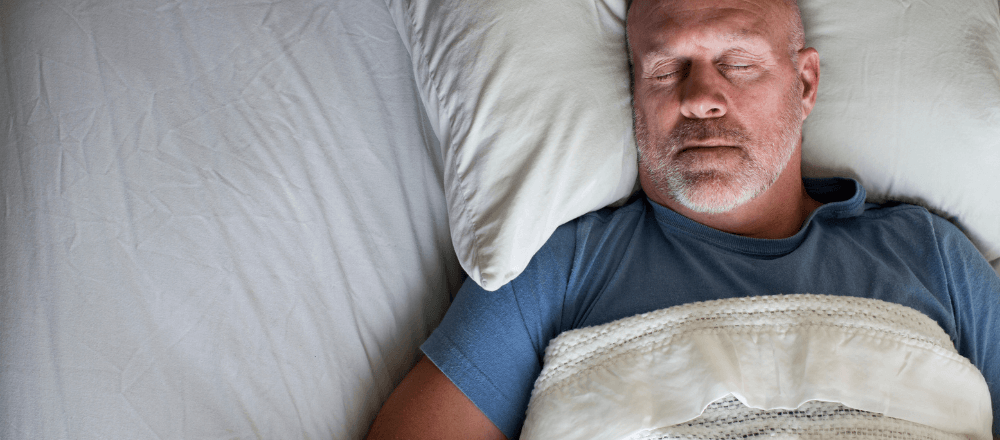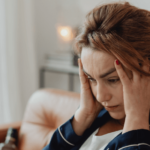When stress, travel, or other interruptions keep you awake, Sleeping pills may be helpful. The most effective treatment for chronic insomnia is often behavioural modifications learnt in behavioral therapy.
If you frequently struggle to fall or remain asleep (insomnia), schedule a consultation with your physician. Treatment is based on the root of your sleeplessness.
The treatment of an underlying cause, such as a disease or sleep disturbance, is sometimes possible and is often considerably more successful than treating insomnia as a symptom.
The best way to deal with chronic insomnia is typically through behavioral modifications that are learnt through cognitive behavioral therapy.
What are sleeping pills?
Sleeping pills, as their name implies, aid with sleep. These drugs may be used by people with sleep problems including insomnia to aid with sleep.
Taking sleeping pills might also help you stay asleep if you frequently wake up during the night.
For What treatment Sleeping Pills are used?
The major purposes of sleeping tablets are to address emotional issues including stress, anxiety, and depression. Sleeping tablets are the ideal choice when a user is unable to fall asleep due to a mental problem since they assist to relax the mind and stop it from thinking unnecessary thoughts.
Additionally, it is applied treating depression and panic attacks. Numerous sleeping medications are members of the benzodiazepine family, which is primarily used to calm the mind and treat anxiety and panic attacks. These are some instances of sleeping pills that are prescribed.
1. Antidepressants.
2. Benzodiazepines.
3. Z-drugs
How to Take Sleeping Pills?
If everything else fails in your quest for a restful night’s sleep, prescription sleeping aids can be a possibility.
Taking Sedatives
Obtain a medical assessment. Visit your doctor for a full examination before to using sleeping drugs. Frequently, your doctor will be able to identify the precise causes of your sleeplessness.
A suitable follow-up plan to review your prescriptions should be discussed with your doctor if you have been using sleeping drugs for longer than a few weeks.
Consider the effects.
If you have any major side effects, such as feeling sleepy or lightheaded during the day, consult your doctor about lowering your dose or gradually weaning off your drugs.
The night before a crucial appointment or activity, avoid taking a new sleeping drug because you won’t know how it will effect you.
Skip the booze.
Never combine alcohol with sleeping aids. The sedative effects of the tablets are enhanced by alcohol. Sleeping medications and even a tiny amount of alcohol might cause lightheadedness, confusion, or even fainting. Certain sleeping medicines and alcohol might cause severely delayed respiration or unresponsiveness. In addition, drinking has been linked to sleeplessness.
Concluding Note
The greatest treatments for insomnia are sleeping medications, which are also frequently used to address mental health issues, panic attacks, and anxiety attacks.
When combined with alcohol or other substances, sleeping medications have detrimental effects on the body.



